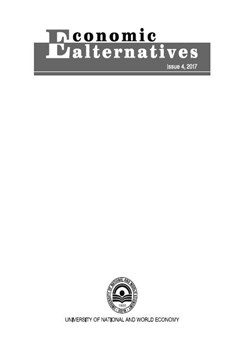Defining Energy Poverty in Implementing Energy Efficiency Policy in Bulgaria
Author: Emiliya Kulinska
Abstract
Energy efficiency is considered to have the highest priority in achieving the long-term objectives of the European Union in the field of energy and climate. Energy efficiency policy can be seen as an integral part of Bulgaria's energy policy, which is based on national priorities and is in line with the main objectives of the EU energy policy for energy security, competitiveness and sustainable development. Households' "energy poverty" raises concerns and is among the biggest challenges to the energy efficiency policy. The lack of a clear common definition of energy poverty requires that a systematic and critical study is made of the basic theoretical concepts offered by Bulgarian and foreign researchers, as well as an overview of the problems pertaining to the energy poverty of households in Bulgaria and the possible measures to tackle this issue. This paper addresses terminological issues related to the concept of households' "energy poverty" as well as the main factors in its expansion in Bulgaria, such as outdated and energy inefficient housing, low incomes and steadily rising energy prices. The conclusion is drawn that the study of households’ behaviour in the conditions of "energy poverty" in terms of energy consumption would facilitate the design of a coherent national policy that combines the principles of social protection and the strategies for energy efficiency.

